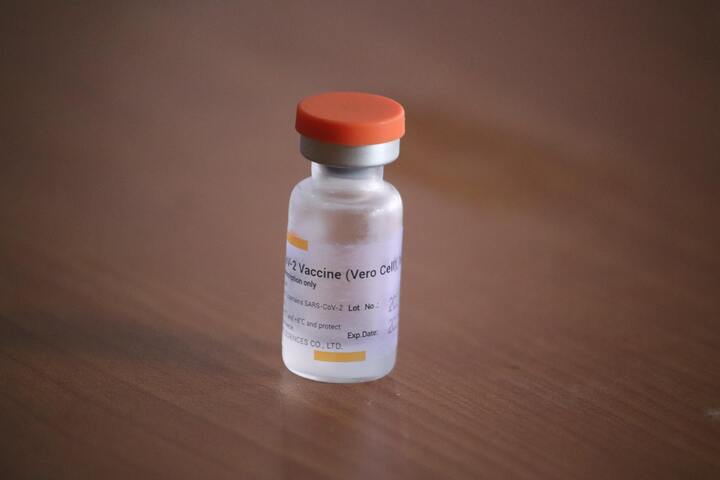KUALA LUMPUR, July 16 — The government does not yet plan to use AstraZeneca or Pfizer as a second dose or as a booster shot for people vaccinated with Sinovac’s Covid-19 vaccine, Khairy Jamaluddin said today.
The coordinating minister of the National Covid-19 Immunisation Programme (PICK), however, said that the government will continue to look at the global data on the effectiveness of heterologous vaccination.
“At the moment, we still do not have data for heterologous booster for those who have received the Sinovac vaccine to receive a second booster or third dose using either Pfizer or AstraZeneca,” Khairy said in a virtual press conference today.
“But we are monitoring developments in other parts of the world to get real-world data on the effectiveness of heterologous vaccination.”
Thailand recently announced that it will use AstraZeneca as a second dose for those who received the first dose of the Sinovac vaccine, after a new preliminary Thai study appeared to find decreasing protection from complete inoculation with Sinovac.
Bangkok Post reported that a Thai study of 500 people fully vaccinated with two doses of Sinovac showed that antibody levels halved every 40 days, to the point that the antibody levels was on average lower in people who received their second jab more than 60 days after the first, compared to those who got their second dose in less than 60 days.
Vaccine efficacy within 60 days of the second Sinovac shot ranged between 60 and 70 per cent against the original coronavirus strain, declining to about 50 per cent in people who received their second dose after 60 days.
Bangkok Post also reported a Hong Kong study that showed people who received Pfizer’s Covid-19 vaccine had 10 times more antibodies than those vaccinated with Sinovac. Those who received Sinovac reportedly had “similar or lower” levels of antibodies to those seen in Covid-19 patients who recovered from the disease.
BBC reported that according to a new real-world Chile study published last week in the New England Journal of Medicine, Sinovac is 65.9 per cent effective in preventing Covid-19 in fully vaccinated adults, as well as 87.5 per cent effective at preventing hospitalisation and 86.3 per cent effective at preventing death.
Khairy also announced today that the federal government will procure an additional three million Sinovac doses from Pharmaniaga Bhd, as the local pharmaceutical company will deliver the last batch of doses to the government on July 21.
“The supply of Sinovac vaccines is being replaced by the Pfizer vaccines because our supply is over. Our Sinovac order has been completed and sent by Pharmaniaga,” said the minister.
“After discussing with the Ministry of Health, we plan to add three million more Sinovac doses and bring the total order of Sinovac doses by Malaysia to 15 million. These additional three million doses also will be sent by the end of July or early August.
“After that, we under PICK will use the Pfizer vaccine. We will keep the additional doses as buffer doses for those who have anaphylaxis and unable to receive Pfizer vaccine,” Khairy added.
Earlier, Pharmaniaga offered an additional two million doses of Sinovac’s Covid-19 vaccine to the government after completing Putrajaya’s 12 million order by the end of July.
Khairy also said that Sinovac vaccines will be available in the private market from August onwards.
“Pfizer will not be the only supply, but will be the most used vaccine from August onwards under PICK. This has got nothing to do with the effectiveness of Sinovac, as we will receive the entire delivery by the end of July or early August.”
Khairy also mentioned that the government will have a bilateral discussion with Thailand to get AstraZeneca vaccines from the country and avoid a delay of vaccine deliveries caused by Thailand’s export block.
As a contingency plan, Khairy said Pharmaniaga will supply additional Sinovac doses to the government, while the country will also receive new vaccines like Sinopharm and Johnson & Johnson, both of which have been approved by local drug regulators.








